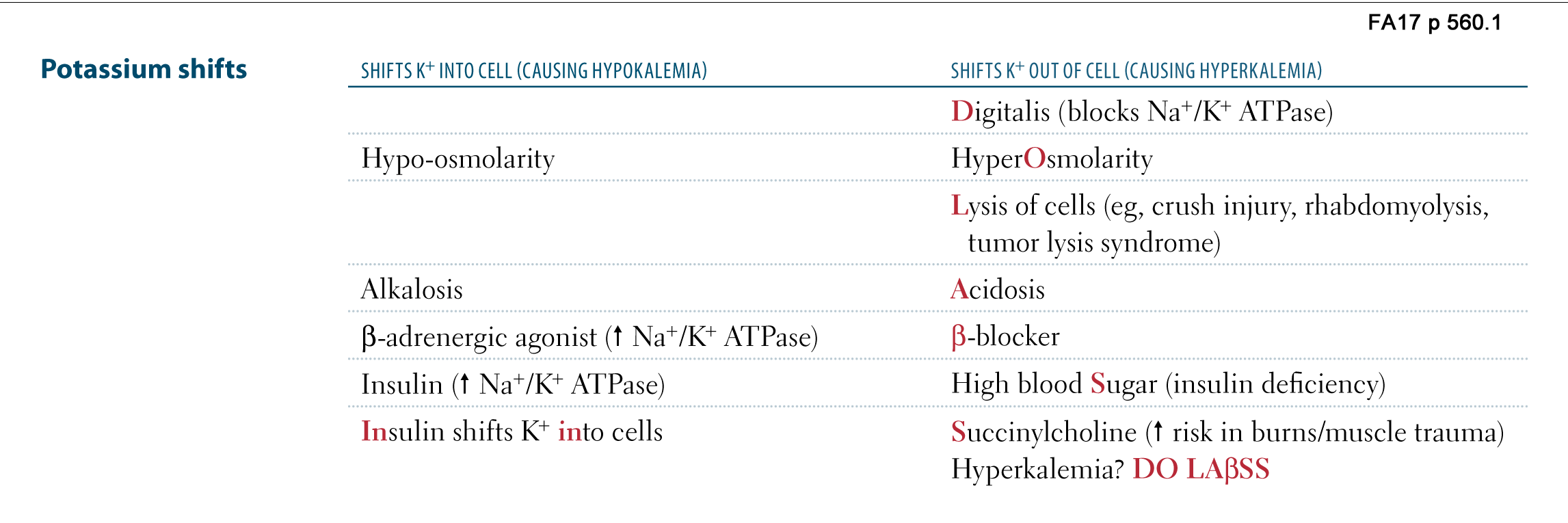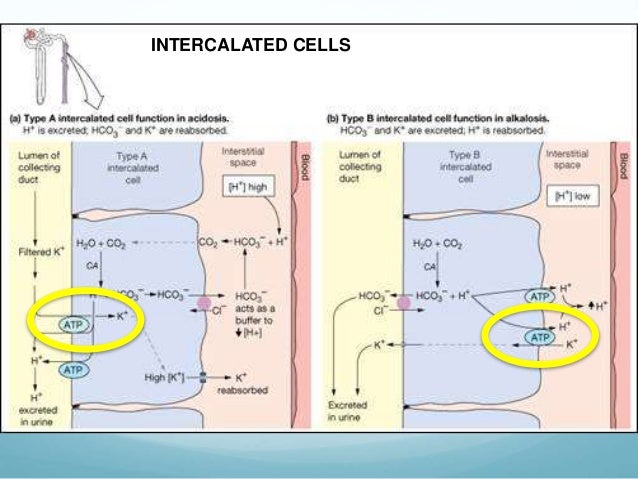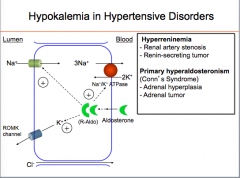How Insulin Cause Hypokalemia

Potassium is excreted or flushed out of your system by your kidneys.
How insulin cause hypokalemia. The relationship between insulin and potassium shortly after insulin was discovered scientists revealed that insulin had something to do with the potassium levels in both the cells and in the blood. This was the best explanation of why it happens that i could find and seems to be tied to atp activity. Hypokalemia is low potassium. The usual cause of hypokalemia is a.
The relationship between insulin and potassium shortly after insulin was discovered scientists revealed that insulin had something to do with the potassium levels in both the cells and in the blood. Insulin is the first line defense against hyperkalemia. Potassium levels are decreased by insulin. Insulin suppresses the breakdown and buildup of glycogen which is the storage form of glucose it blocks fat metabolism and the release of fatty acids and it puts potassium into the cells by activating the sodium potassium cellular channels.
A rise in plasma k stimulates insulin release by the pancreatic beta. Studies show that people with low potassium levels release less insulin have higher blood sugar levels and are more likely to get type 2 diabetes than those with normal potassium levels. As part of your electrolytes that move in and out of the cells as needed. Insulin reduces serum k from ecf to icf mainly because insulin increases the activity of th.
Certain drugs or conditions may cause your kidneys to excrete excess potassium. Outlook for a person with hypokalemia will depend on the underlying illness or side effect that is causing them to have low potassium. Insulin results hypokalemia just by increasing the activity of h k atpase pump. A person can have low potassium hypokalemia or high potassium hyperkalemia both of which are asymptomatic conditions that can be serious as they both cause heart arrhythmias.
Your potassium level is maintained within a range. Such as insulin. Insulin has a number of actions on the body besides lowering your blood glucose levels. A person can have low potassium hypokalemia or high potassium hyperkalemia both of which are asymptomatic conditions that can be serious as they both cause heart arrhythmias.


















